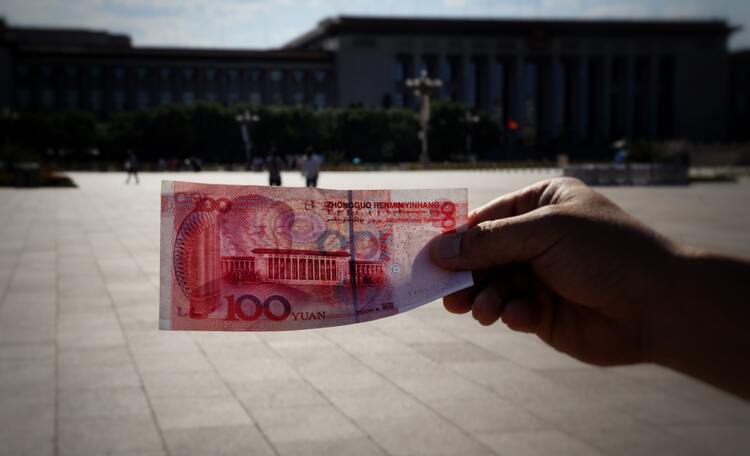Moving Forward With Blockchain
Information technology is seeing an increase in the use of blockchain technology. Many people are aware of blockchain currencies like Bitcoin and Ethereum, which are also referred to as cryptocurrencies. As we know blockchain has removed the requirement for a central entity known as a bank.
This system is a collection of data blocks linked in a transaction ledger. An unparalleled level of transparency is made possible by its open-source, impassable configuration. The precision of each record is reviewed before it is sent to millions of computers around the globe.
In many ways, this new technology has transformed various industries. It automates the keeping of financial records and business transactions. This amounts to a quicker, less expensive option that is very appealing to businesses and banks. Many changes are coming to our way of life and business as this new technology becomes more prevalent and advances. The future predictions for blockchain technology’s future are as follows:
Greater Industry Transparency
In the not-too-distant future, a single blockchain shared by many industries is likely to be in place. Instead of having different systems for different businesses and industries, a single system makes it easier and more accessible to the public.
It also provides more transparency and the inherent security of blockchain. For a variety of reasons, it is likely that governments will eventually switch from fiat currency to cryptocurrency. Institution-issued cryptocurrency is more efficient, has shorter settlement times, and can be traced more easily.
Cryptocurrency, like fiat currency, can be backed by tangible assets and have its price manipulated by a variety of controls. This is similar to the practice of printing more money to lower a dollar’s value. Many people, for instance, have begun using bitcoin code to hedge against its national currency and plan to develop their own digital currency.
Identity and the Blockchain
Identity systems currently have a number of flaws. They are leaky, independent, and prone to error. Blockchain systems are capable of resolving these issues and providing a single source for asset and identity verification. A new kind of “self-sovereignty” that blockchain identity can provide is also possible.
Distribution of Government Data
Most likely, governments will start using distributed ledger technology (DLT) systems instead of paper-based ones. Digital ledger technology (DLT) offers greater trust, transparency, and security through encryption and validation features than digital data systems have in the past.
Vector for Facial Recognition
According to statistics, nearly 1.5 billion people in developing nations lack satisfactory identification methods. People who are unable to vote will be able to use a global blockchain identification medium to gain access to legal documents and the privileges that go along with them. The information will be safer than if it were in the hands of questionable third-world organizations when it is stored in an open-source encrypted ledger.
Blockchain for the Global Economy
We are seeing more progress in cryptocurrency with a variety of trading applications like the crypto boom. It starts from smart contracts and leads to policy enforcement. It can be predicted that people will see more advancement in the future. Blockchain probably has the tendency to have a bigger impact on society and business than the majority of people realize.
At the moment, international trade is a very slow and dysfunctional process, discouraging countries to come forward and trade. Errors and fraud also plague international trade. If you want to resolve issues like these then include cryptocurrency in the system. Fraud and inefficiency can be cut out by combining payment, paperwork, and regulation into a single digital international system. This will give a path to a new period by boosting international trade and building trust between countries.







